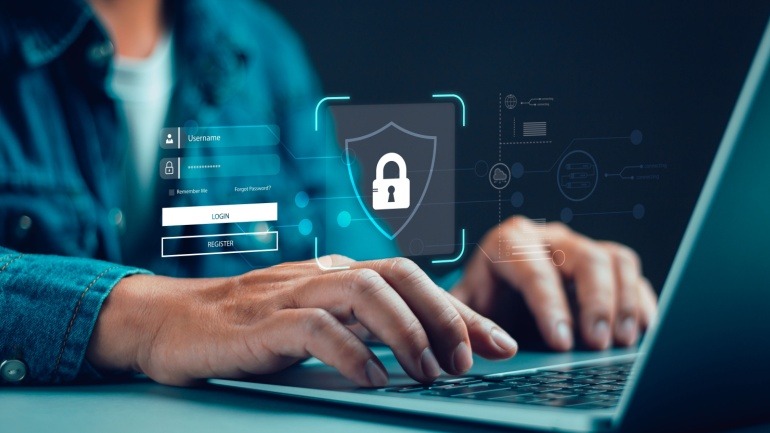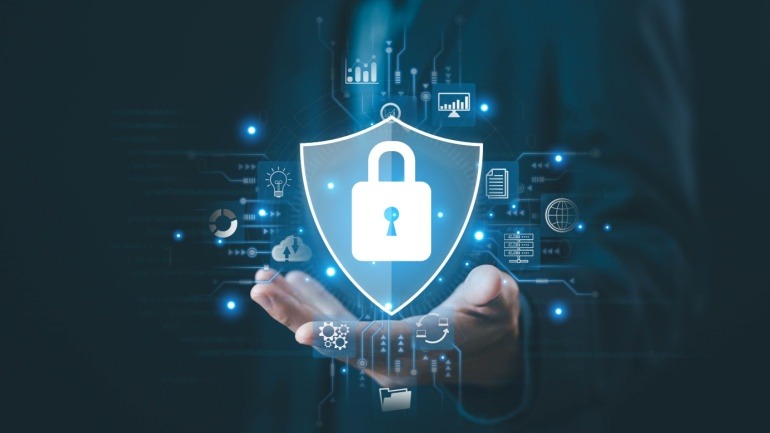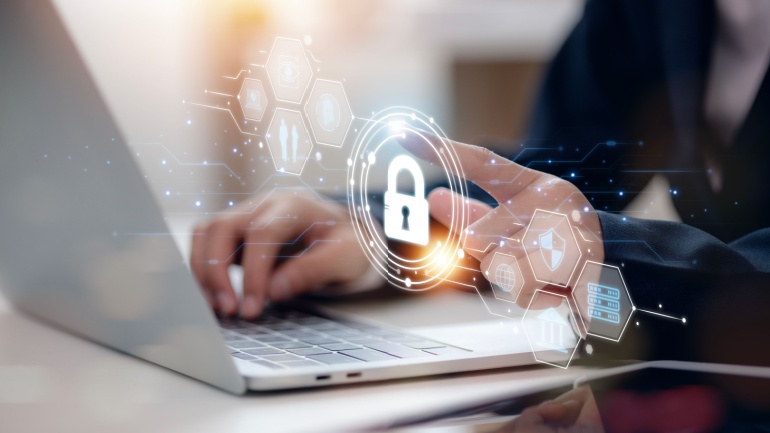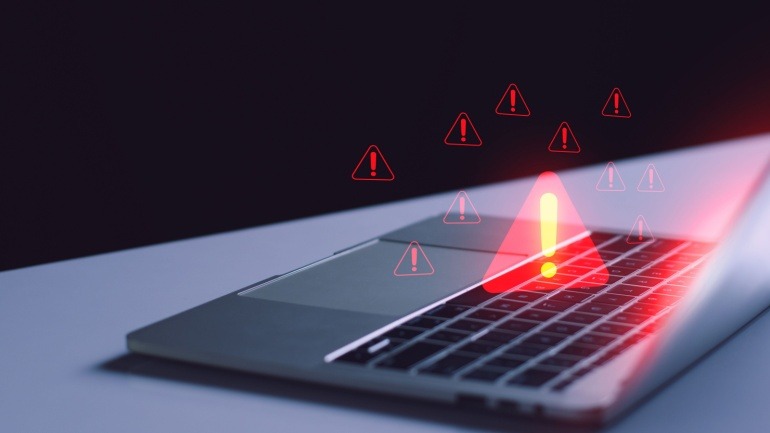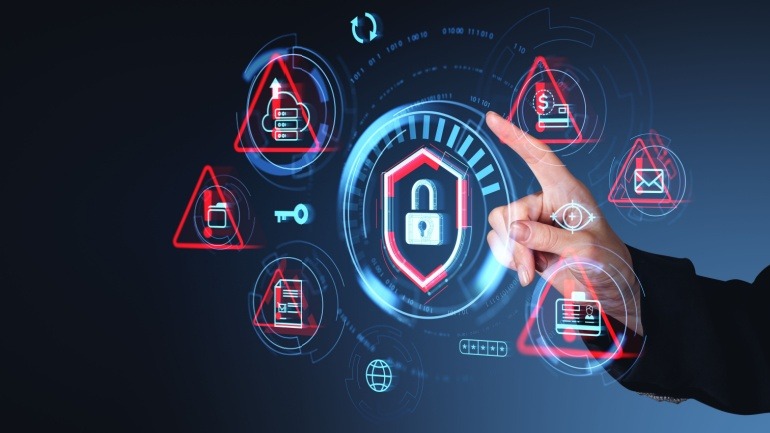NTT Communications, a major Japanese ICT provider, has confirmed a data breach affecting 17,891 corporate clients. An attacker infiltrated its systems in February, accessing sensitive contract and contact details. While no end-user data was involved, the company is enhancing security measures and notifying affected clients.
Kyndryl is integrating Palo Alto Networks’ AI-driven security into its SASE offering, enhancing cloud-based network security with zero-trust principles. By modernizing IT infrastructure and reducing reliance on on-premise systems, Kyndryl aims to streamline operations and bolster cybersecurity.
Telefónica Tech and IBM are joining forces to combat cybersecurity threats from quantum computing. Their partnership aims to develop quantum-safe technologies by integrating IBM’s innovations with Telefónica’s cybersecurity offerings.
As the demand for specialized cybersecurity rises, Red Helix commits £1 million to expand its UK-based 24/7 security operations center. By intensifying its team capacity and integrating cutting-edge tools, Red Helix ensures SMEs can access top-tier cyber protection.
NTT Docomo recently faced a DDoS attack, disrupting systems for nearly 12 hours. As such cyberattacks rise in the telecom sector, robust security measures are vital.
In an unprecedented move, the US FCC seeks to enhance cybersecurity for telecom operators, addressing vulnerabilities exposed by a severe hack. With a focus on advanced cyber defenses, the FCC proposes stringent rules compelling carriers to fortify their networks against sophisticated threats.
BT’s new SASE service optimizes cloud protection for UK businesses, integrating Fortinet’s advanced cybersecurity solutions. This update enhances BT’s SD-WAN with AI-driven SSE features, including zero-trust access and secure web gateways.
Celona has unveiled Aerloc, a cutting-edge ‘zero-trust’ security feature for private 5G networks. Designed for industrial use, Aerloc offers unified SIM-based authentication, dynamic policy enforcement, and seamless IT/OT integration.
The European Union’s NIS2 Directive enhances cybersecurity across essential sectors, affecting many organizations. With fines up to €10 million for non-compliance, businesses must align cybersecurity to their service scope.
Microsoft’s latest Digital Defense Report reveals a staggering 600 million daily cyberattacks amid global geopolitical tensions. As discussed by OpenText Cybersecurity’s Matt Aldridge, the landscape poses a complex threat matrix involving cybercrime gangs and state-backed entities.




